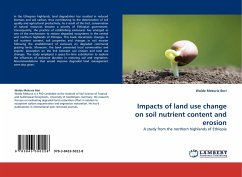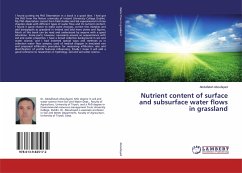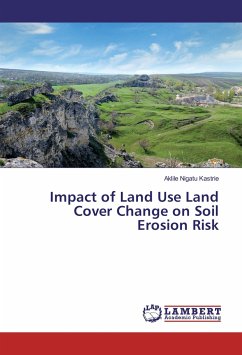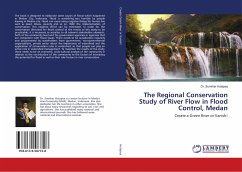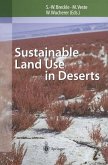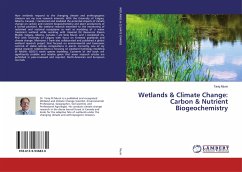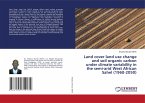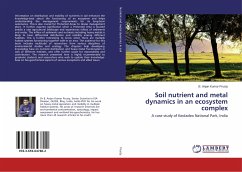In the Ethiopian highlands, land degradation has resulted in reduced biomass and soil carbon, thus contributing to the deterioration of soil quality and agricultural productivity. As a result of this fact, conservation of natural resources became a priority of Ethiopian government. Consequently, the practice of establishing exclosures has emerged as one of the mechanisms to restore degraded ecosystems in the central and northern highlands of Ethiopia. This book documents changes in soil nutrient content, soil properties and changes in soil erosion following the establishment of exclosure on degraded communal grazing lands. Moreover, the book presented local communities and experts' perception on the link between soil erosion and land use changes. The study employed a space-for-time substitution to explore the influences of exclosure duration in restoring soil and vegetation. Recommendations that would improve degraded land management were also given.
Bitte wählen Sie Ihr Anliegen aus.
Rechnungen
Retourenschein anfordern
Bestellstatus
Storno

